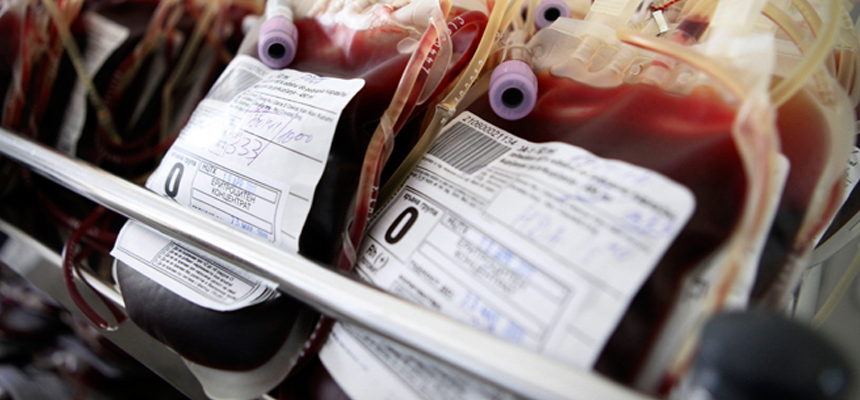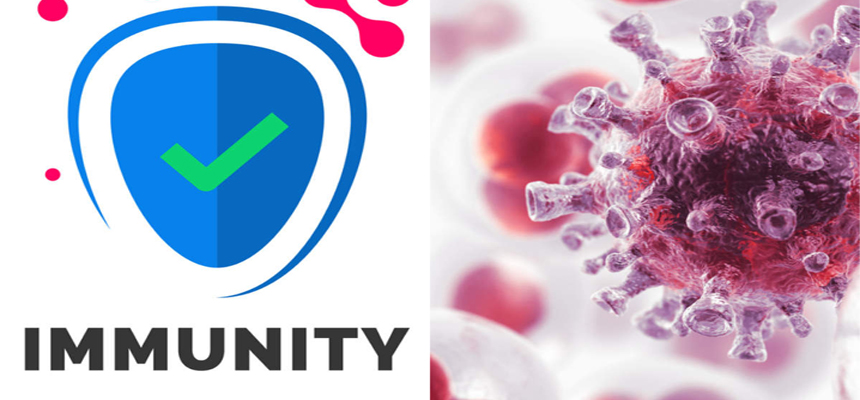Think about the silent killer Hepatitis

Every year on 28 July, WHO and partners mark World Hepatitis Day to increase the awareness and understanding of viral hepatitis and the diseases that it causes.
Viral hepatitis – a group of infectious diseases known as Hepatitis A, B, C, D, and E – affects hundreds of millions of people worldwide, causing acute and chronic liver disease and killing close to 1.4 million people every year. But hepatitis remains largely ignored or unknown.
On World Hepatitis Day, 28 July 2014, WHO and partners will urge policymakers, health workers and the public “Think again” about this silent killer.
World Hepatitis Day provides an opportunity to focus on specific actions, such as:
![]() Strengthening prevention, screening and control of viral hepatitis and its related diseases.
Strengthening prevention, screening and control of viral hepatitis and its related diseases.
![]() Increasing hepatitis B vaccine coverage and integration of the vaccine into national immunization programmes.
Increasing hepatitis B vaccine coverage and integration of the vaccine into national immunization programmes.
![]() Coordinating a global response to viral hepatitis.
Coordinating a global response to viral hepatitis.
Dr PBSS Raju, renowned Gastroenterologist, at CARE Hospitals, Banjara Hills explains hepatitis is a largely overlooked disease and we need to create awareness amongst people, to make them understand that it is as important to weed out hepatitis.
Here are a few things you might not know about Hepatitis:
1. Get tested if you have had a blood transfusion: Blood transfusion can transmit hepatitis: ‘If you have had a blood transfusion before the year 2002, get yourself tested for the condition. This is because, blood banks all over the nation started testing blood for the presence of Hepatitis C only after 2002. That being said, anyone who was transfused before that should get tested immediately.’
2. Pregnant mothers beware: If you are pregnant or are planning to conceive anytime soon, get tested for hepatitis. This is because the virus that causes Hepatitis B can be transmitted from mother to child. A number of mothers in India are unaware that they should get tested. Some don’t even know they have contracted the condition and unknowingly pass it on to their babies. If a mother is found to have hepatitis B we can treat her and the child. The earlier the better. Babies can be saved from the infection if they are given the vaccine right after birth. In most cases it becomes difficult to save the baby if he/she is not treated immediately. Those who have hepatitis are at great risk of liver cancer and liver disease.
3. Don’t wait for the symptoms: By the time any symptoms manifest, it is usually too late to do anything. A person must get tested early on, or on a regular basis if they are at risk of contracting the disease. If hepatitis is detected early, it can be treated and managed well. People can live full lives. Hepatitis progresses to cause irreparable damage to the liver leading to liver cirrhosis and cancer.
4. Be aware of the types: There are four types of hepatitis:
Hepatitis A is commonly called jaundice. Caused due to a food borne virus, it leads to excess bile secretion, and malfunctioning of the liver. In most cases patients make a full recovery. Common symptoms include yellowing of eyes and skin, pale coloured stools, fatigue and in some cases vomiting.
Hepatitis B is a viral infection that is spread through blood or body fluids. Either by having unprotected sex or sharing infected needles etc. It infects the liver, and its symptoms do not manifest in most people. This type can be transmitted from mother to child.
Hepatitis C is a type that can be spread through blood and rarely through bodily fluids. It infects the liver and in most cases the symptoms do not show up until the liver is beyond repair. Symptoms are usually vague and commonly misdiagnosed. Hepatitis D is a mutated form of the virus causing other forms of hepatitis. It has been recognised by the WHO (World Health Organisation) as the hepatitis delta virus. It is transmitted through infected blood, blood products and unprotected sexual contact.
People with Hepatitis B are at the greater risk of contracting this type of hepatitis.
5. Get vaccinated: There are vaccines for hepatitis A and B, but not for C. The hepatitis A vaccine is administered as two injections and the vaccine for Hepatitis B is administered over a period of three injections. The good thing about this type of vaccine is that if there is a gap between consecutive injections, one can start from where they left off. There is no need to restart the immunization process. The Serum institute of India, recommends the following schedules for the Hepatitis B (HBV) vaccination.
1st dose at elected date
2nd dose 4 to 10 weeks after the 1st dose
3rd dose 1 to 5 months after the 2nd dose

 Disclaimer: Welthi.com does not guarantee any specific results as a result of the procedures mentioned here, and the results may vary from person to person.
Disclaimer: Welthi.com does not guarantee any specific results as a result of the procedures mentioned here, and the results may vary from person to person.









